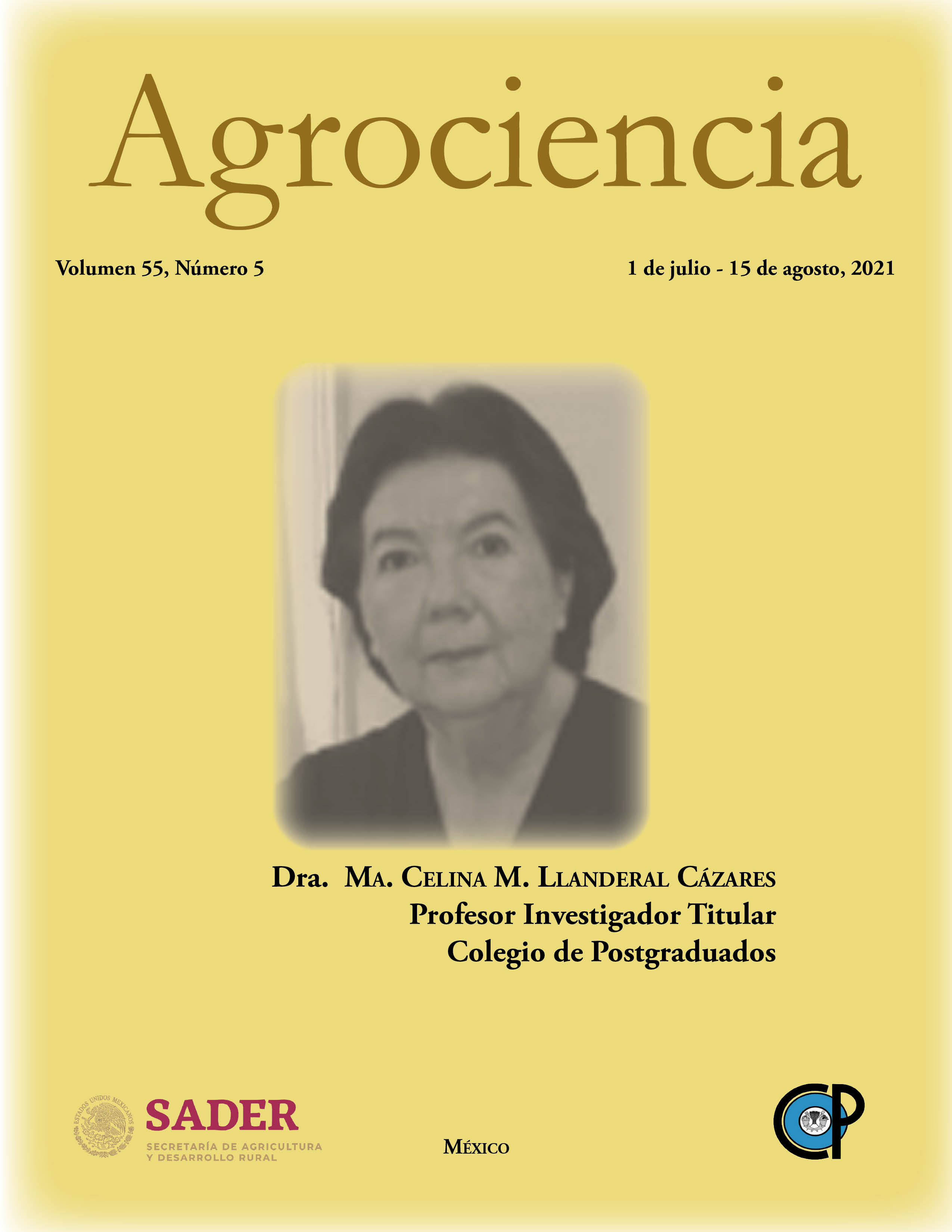CHEMICAL PROXIMATE AND THERMAL ANALYSES ON FLOUR FROM RESIDUAL PRODUCTS OF PEAR-CACTUS (Opuntia ficus-indica) TOWARDS OBTAINING BIOBASED POLYMERIC COMPOUNDS
DOI:
https://doi.org/10.47163/agrociencia.v55i5.2516Keywords:
Opuntia ficus - indica, pear-cactus flour, by-product, thermogravimetric analysis, differential scanning calorimetry.Abstract
There is a large amount of waste generated by the removal of thorns from the pear-cactus (Opuntia ficus-indica Mill.) cladodes with a high fibre content. These agricultural by-products are sources of cellulose, lignin and hemicellulose, with potential for use as biomaterials in sustainable production. Aiming to contribute towards solving an environmental problem due to the use of conventional plastics, and under the premise that pear-cactus flour would be added as a biopolymeric compound to improve performance and final properties of polymers; the objective of this research was to perform proximate chemical analysis (AQP) and thermal analysis on pear-cactus cladodes flour from the state of Morelos, Mexico in three harvest periods, to verify their useful characteristics towards being added into polymers to produce biodegradable packaging. Water content, crude protein, ash, fat, crude fibre, acidic detergent fibre (FDA), neutral detergent fibre (FDN), nitrogen-free extract (ELN), cellulose, hemicellulose and lignin were evaluated in the AQP. To evaluate thermal properties, thermogravimetric analysis (TGA) and differential scanning calorimetry (DSC) were performed. The experimental design was completely randomized; an ANOVA was performed with a factorial data arrangement and Tukey’s mean comparison test. The AQP in the flours showed significant differences (p≤0.05) in ashes, crude fibre, neutral detergent fibre, cellulose, hemicellulose and lignin. The pear-cactus flours were similar in the three months of sampling and had a similar thermal profile in TGA and DSC. Tg was obtained between 46-48 °C, Tm between 32-130 °C, and the final decomposition temperature at 455 °C. Thermal tests indicated that pear-cactus flour can be added to polymeric matrices without decomposition occurring when used as a bio-based material, that is, a polymer derived from biological materials.
Additional Files
Published
Issue
Section
License
Agrociencia is published every 45 days, in an English format, and it is edited by the Colegio de Postgraduados. Mexico-Texcoco highway Km. 36.5, Montecillo, Texcoco, Estado de México, CP 56264, Telephone (52) 5959284427. www.colpos.mx. Editor-in-Chief: Dr. Fernando Carlos Gómez Merino. Rights Reserved for Exclusive Use: 04-2021-031913431800-203, e-ISSN: 2521-9766, granted by the National Institute for Author Right.













